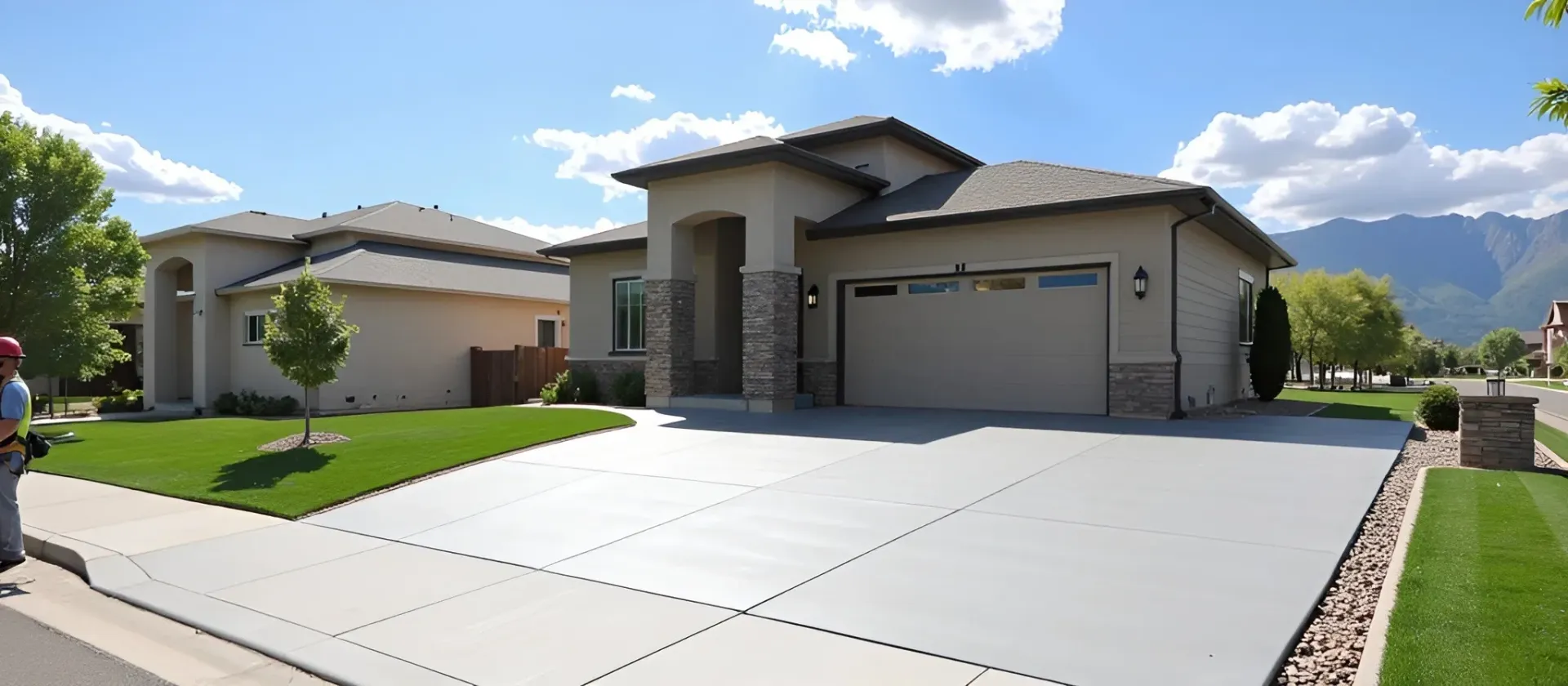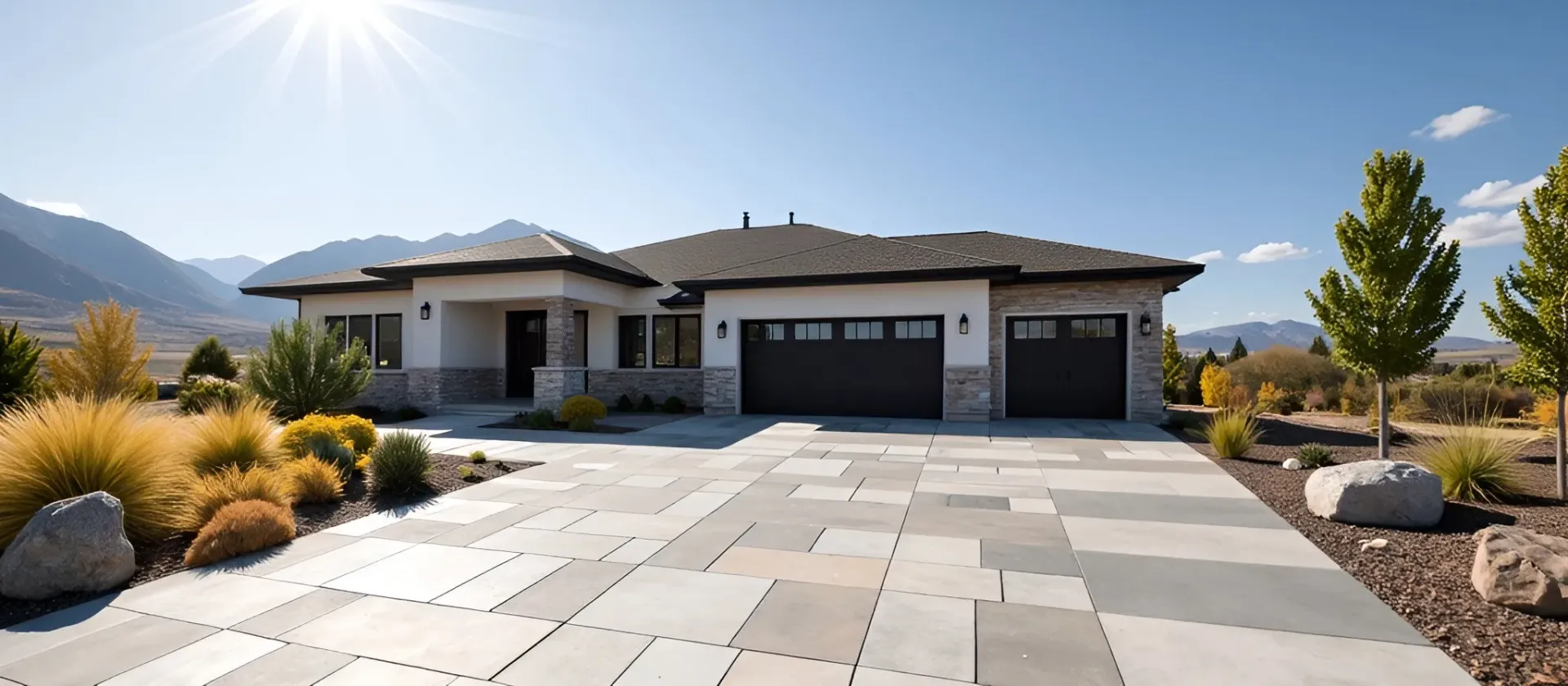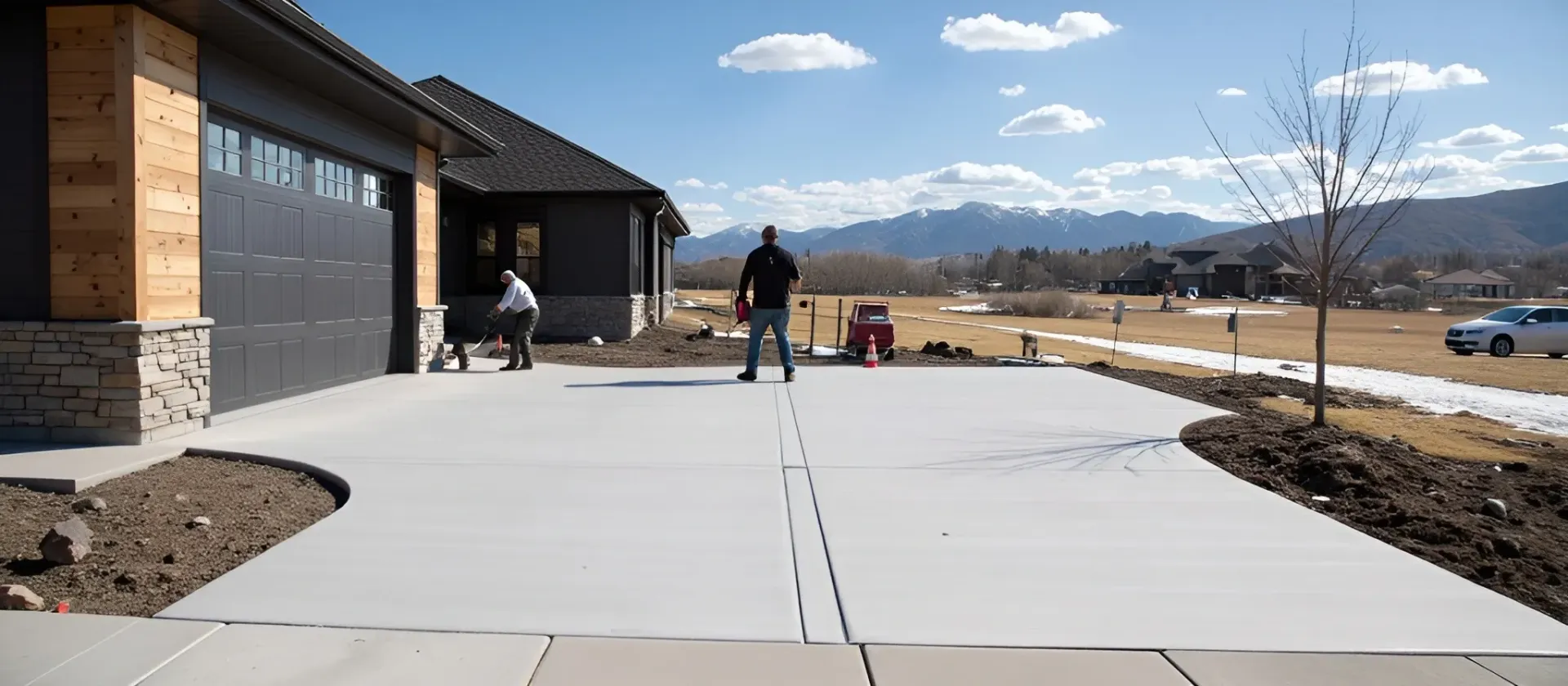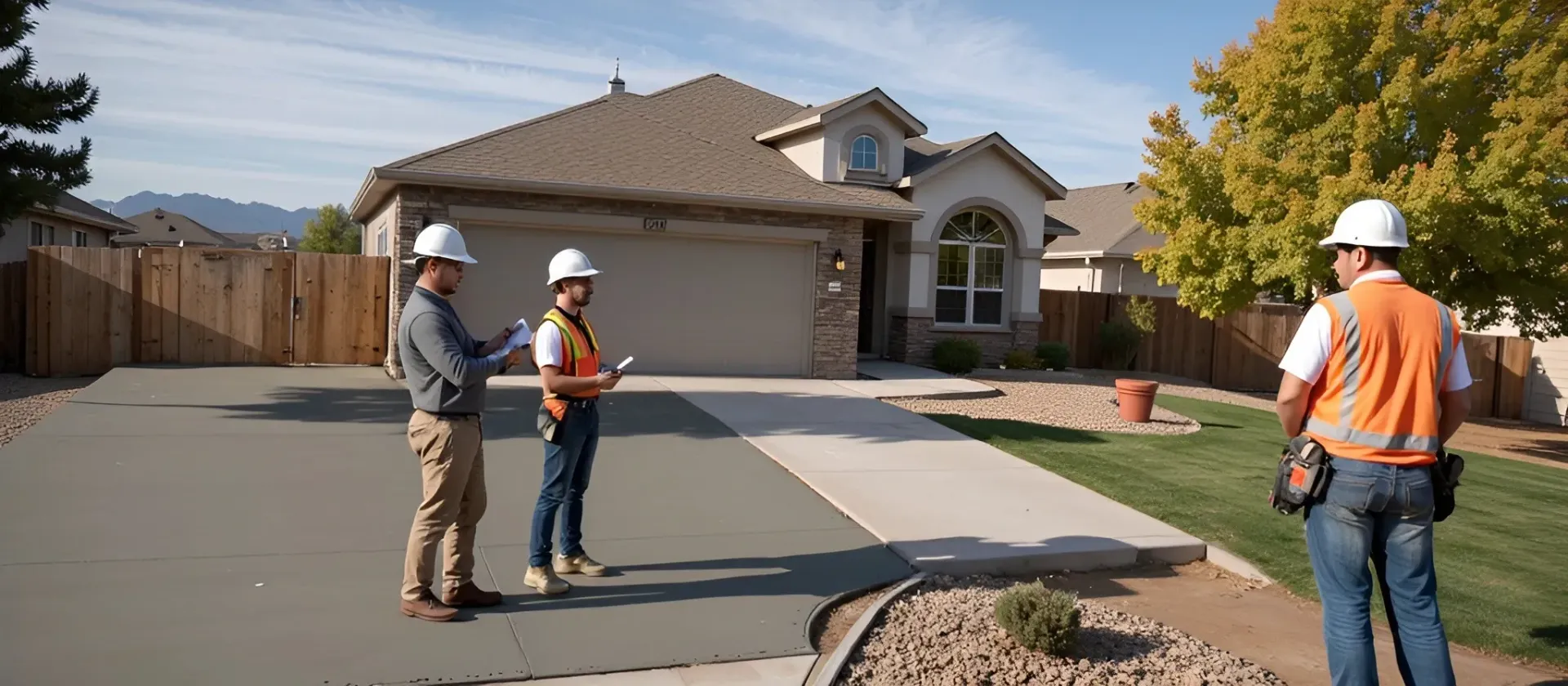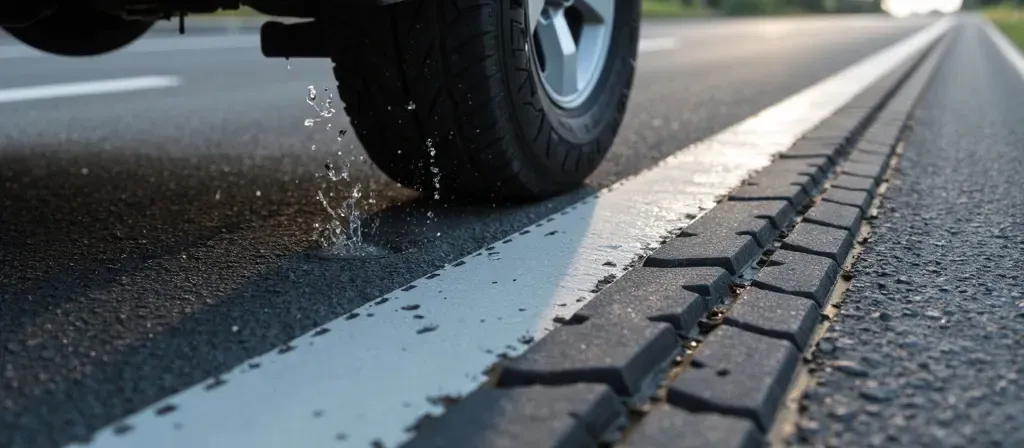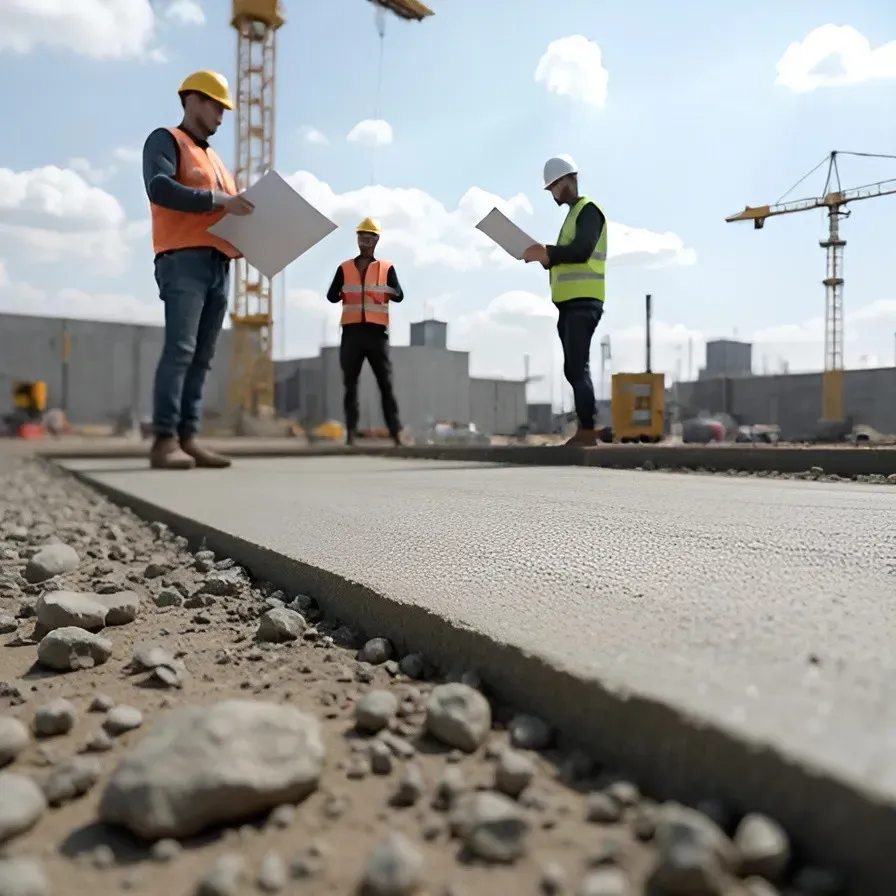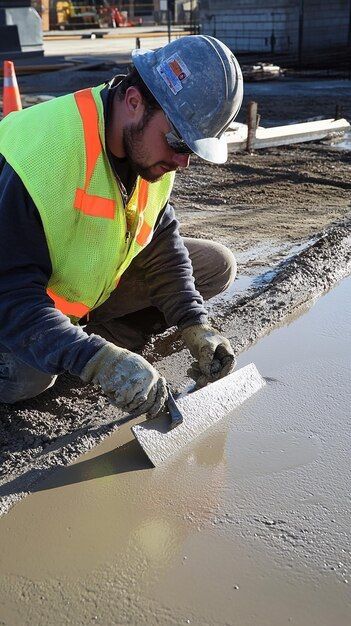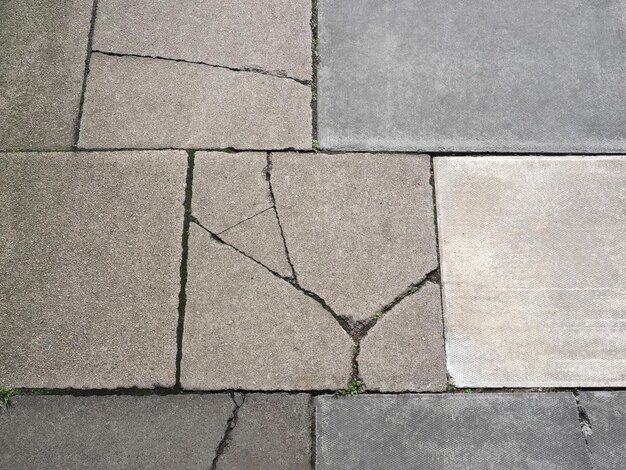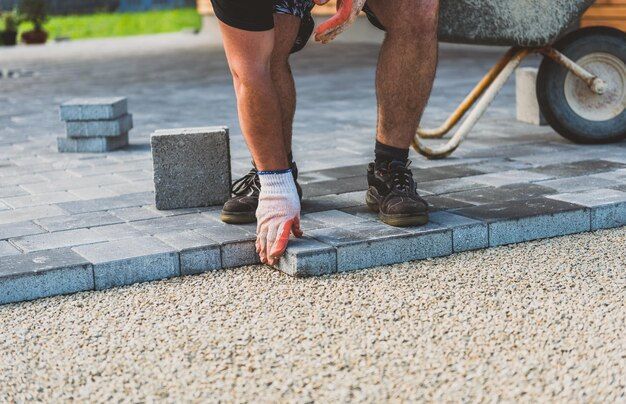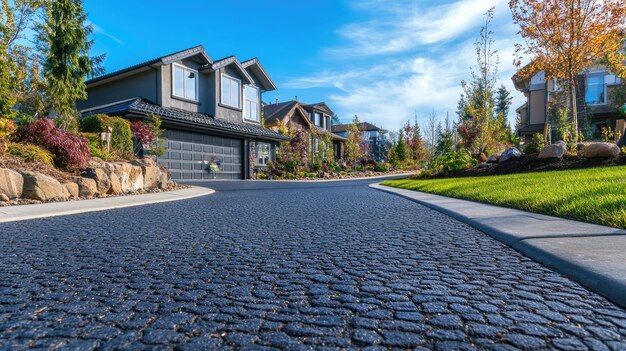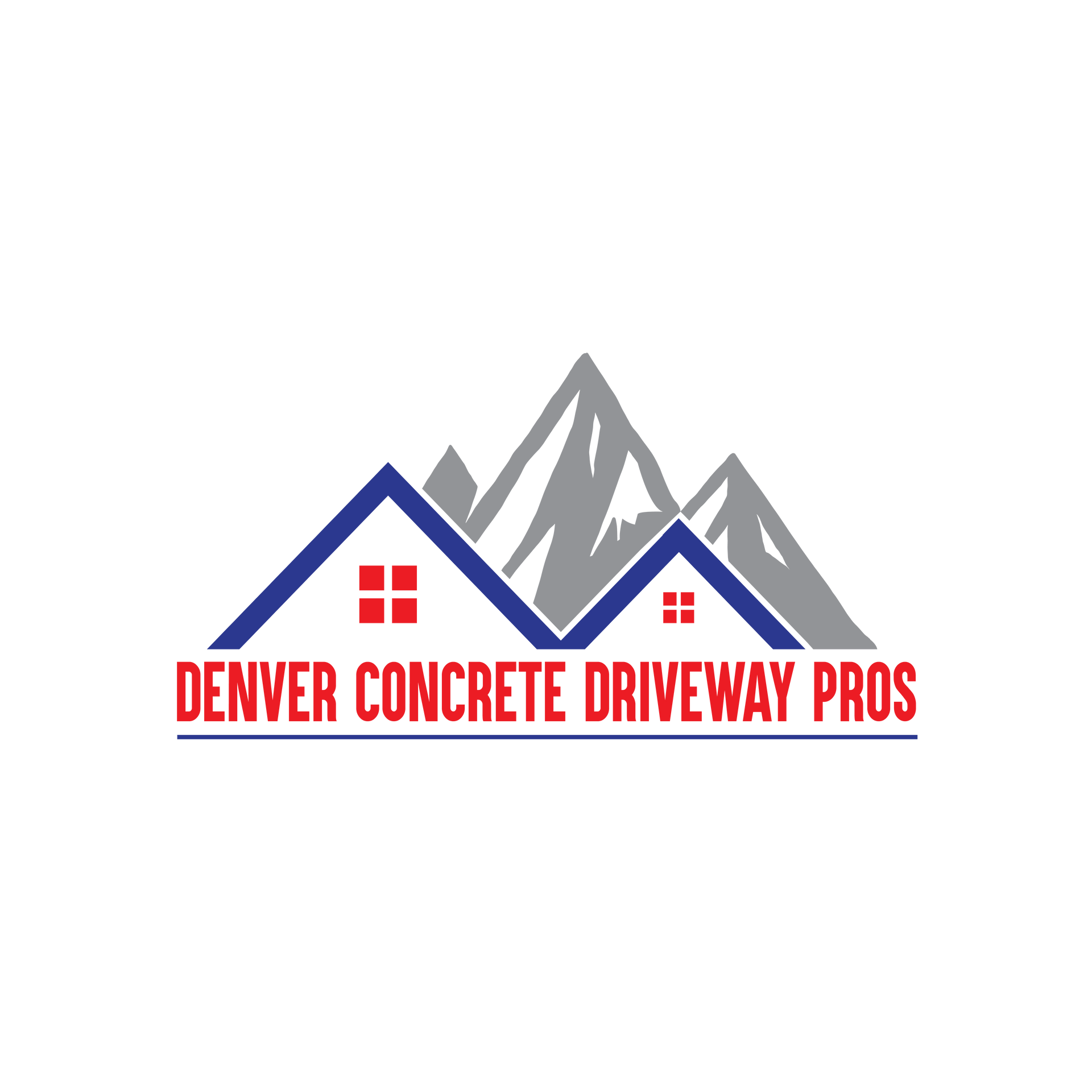The Hidden Downsides of Fiber-Reinforced Concrete for Your Driveway in Denver, CO
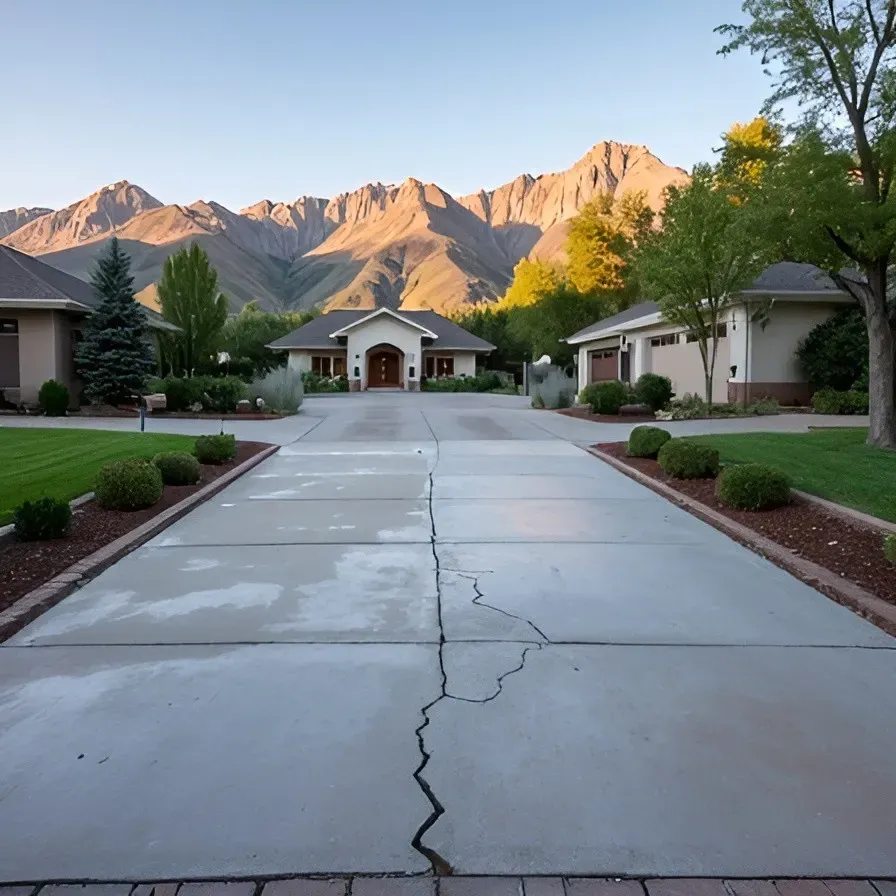
Installing your driveway with fiber-reinforced concrete sounds perfect. It’s marketed as tough and durable. Plus, it is cutting-edge.
On paper, it seems like the ultimate solution. What more could you possibly want, right? But FRC isn’t flawless. Beneath the hype, it has some hidden flaws. The downsides of fiber-reinforced concrete can turn excitement into frustration. It’s not always the dream material it claims to be.
Let’s break it down and explore the real story. You’ll see why FRC might not fit your driveway needs.
Not as Pretty as It Looks
First impressions matter. Especially when it comes to your driveway. Unfortunately, FRC can get a little… scruffy. Those fibers mixed into the concrete? They sometimes poke out from the surface.
Picture tiny hairs sprouting all over your driveway. It’s not exactly the sleek look you have in mind. This can leave a rough-looking finish—especially if synthetic or steel fibers are used. If curb appeal matters to you, you might want to explore choosing the right style and finish for your Denver concrete driveway instead.
It’s Tough but Not That Tough
Sure, fiber-reinforced concrete adds strength. But it’s not unbreakable. It struggles under heavy loads. For example, if you regularly park a truck. Or an RV on your driveway, FRC might buckle under the pressure.
Traditional steel reinforcement tends to handle heavy loads better. Are you going for durability? FRC may not be the strongest contender. You can learn more in this deep dive on why concrete driveways crack—insights from Denver concrete driveway pros.
Clumps and Chaos
Mixing FRC is no walk in the park. If fibers are not mixed properly, they will clump together. These clumps create weak spots in your concrete. Weak spots lead to cracks. Cracks lead to costly repairs.
The whole point of adding fibers is to strengthen the concrete. But poor mixing can have the exact opposite effect.
Prepare to Spend More
Let’s talk money. Fiber-reinforced concrete doesn’t come cheap. Its cost can skyrocket compared to traditional steel rebar. Especially high-performance options like fiber-reinforced polymer (FRP).
Are you working on a tight budget? This might push you over the edge. And let’s not forget the extra labor costs for mixing and installation. For a closer look at pricing factors, check out these saving tips and cost breakdowns of concrete driveway construction in Denver.
Your Driveway Might Feel the Weight
Adding fibers to concrete might make it stronger. But it also makes it heavier and can put extra strain on the foundation. It’s like giving your driveway a heavier backpack to carry. And it might not love the extra load.
Rust and Ruin
Steel fibers have a dirty little secret. They rust. Moisture seeped into your concrete? It can corrode the steel fibers inside. This affects the appearance of your driveway. Also, it reduces the overall performance of concrete. And who wants a rusty, crumbling driveway?
Handle with Care
Steel fibers can be dangerous to handle. They’re sharp. Plus, they’re not afraid to poke or cut you. Construction workers often complain about injuries caused by these pesky fibers during installation.
This might not directly affect you. But it’s a good reminder!
Durability: Still a Mystery
Fiber-reinforced concrete is relatively new. That means we don’t have decades of research. Or data on how it holds up in the long run. Will it crack? Will it fade? Nobody knows for sure. This uncertainty might not be a gamble you want to take. Especially when you’re investing in a driveway. Consider reading up on the importance of proper maintenance for your Denver concrete driveway to extend its life.
It’s Not Fire’s Best Friend
FRC isn’t exactly fireproof. Some types of fibers can melt or lose strength when exposed to high temperatures. It’s unlikely your driveway will face a blazing inferno. It’s still worth considering if you live in a hot climate. Or an area prone to wildfires. For added resilience, check out these weatherproofing tips for Denver concrete driveways.
Eco-Friendly? Not Always
Do you want to go green? Fiber-reinforced concrete might not be the eco-friendly option you're looking for.
For example, take plant-based fibers. They can degrade in the alkaline environment of concrete over time. Synthetic fibers might last longer. But they’re not exactly biodegradable. This leaves you with a material that’s neither fully sustainable nor environmentally friendly.
So, Is It Worth It?
Fiber-reinforced concrete has its perks. But it’s far from perfect! Rusting steel fibers. Mysterious durability issues. The downsides of fiber-reinforced concrete are worth serious consideration. It might be marketed as the future of construction. But for your driveway, the future might come with headaches.
Final Thoughts
Choosing the right material for your new driveway? It is definitely a big decision. Fiber reinforced concrete looks like a high-tech upgrade. But its shortcomings cannot be ignored.
Are you considering FRC? Make sure you weigh these downsides against its benefits. Consult a professional. And don’t rush the decision as it’s the first thing people see when they visit your home. So choose mindfully.
